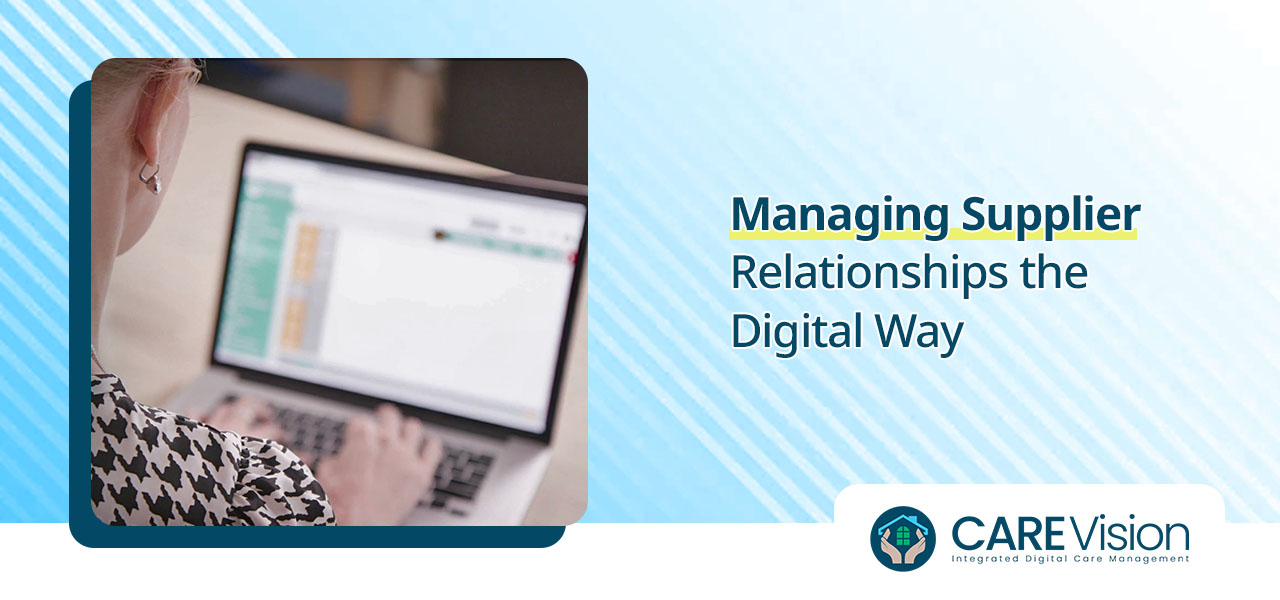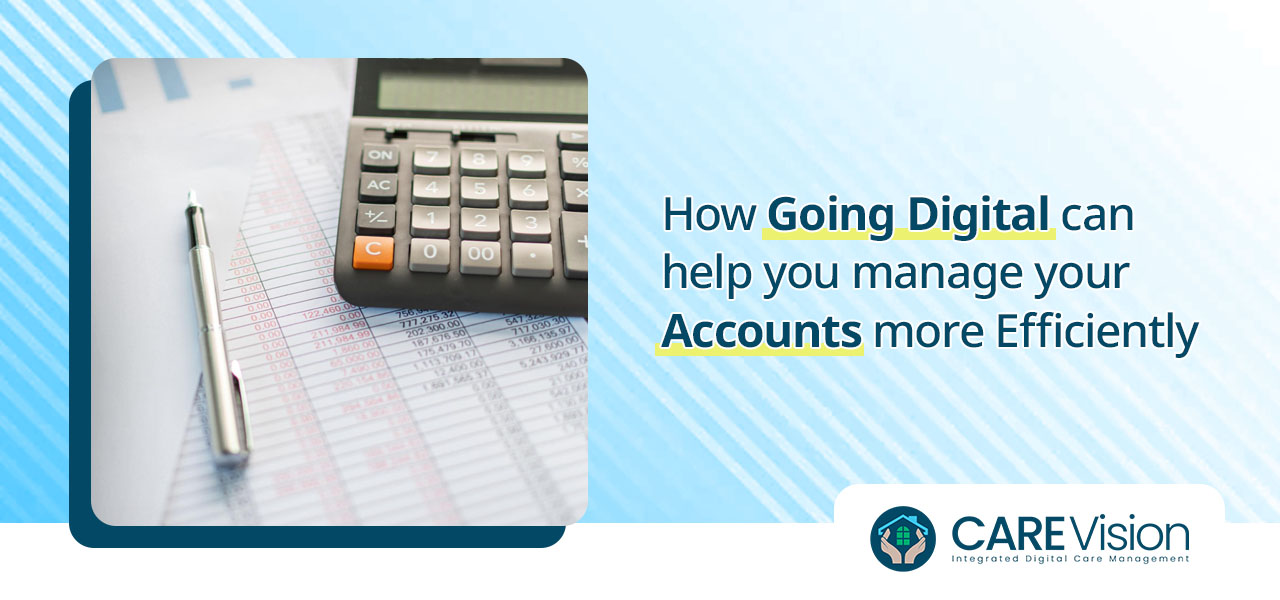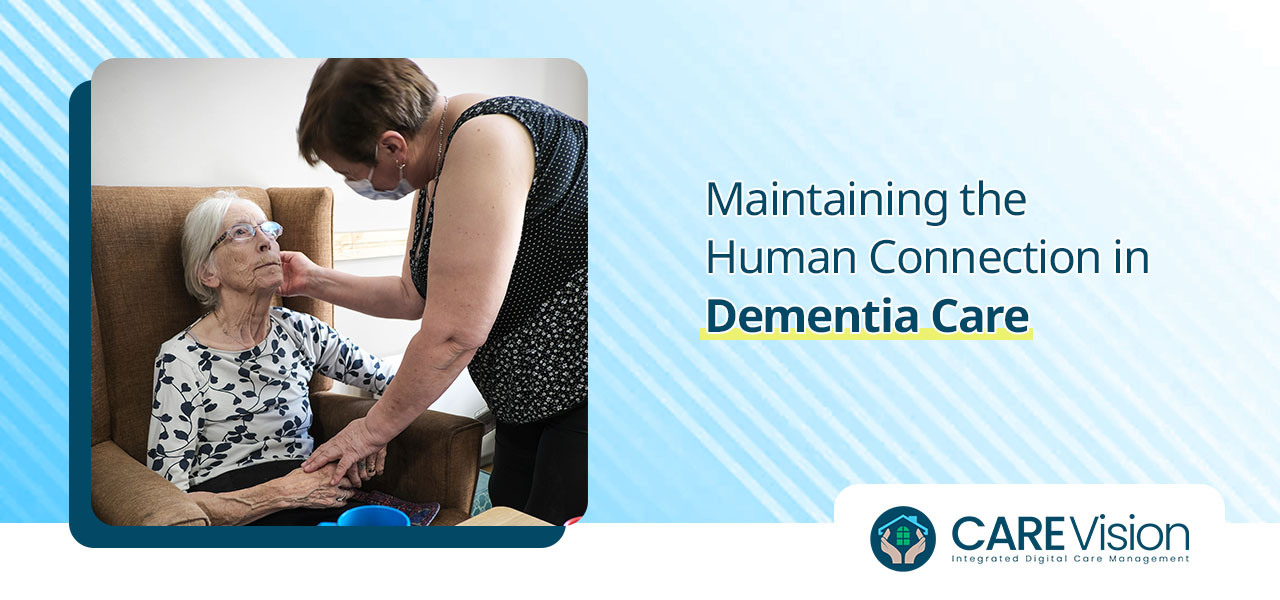Person-led care is all about looking after care home residents as a whole – taking in physical and mental health, as well as emotional wellbeing. All these elements are, of course, intrinsically linked; however, there is plenty that can be done to support and protect each one individually. It is hugely important to help residents and patients with their emotional wellbeing. It affects how well people can recover from illnesses and accidents, as well as how they cope with chronic health conditions and ongoing health concerns.
There are a number of tools available to care home managers and carers to help them support residents’ emotional wellbeing. One key aspect is being able to identify how people are feeling, what mood they are in and the things that trigger both good and bad emotions in different people. Digital care management software can help hugely with this, from creating individual resident records to track mood changes and emotional wellbeing to functions that help people feel less isolated and help them with socialisation.
ABC Chart
Care Vision’s ABC chart is one such tool. Staff can record details of residents’ behaviours digitally to enable greater understanding of how they are feeling and how certain behaviours reflect emotions, anxieties and reactions to what’s happening around them. ‘ABC’ refers to ‘Antecedent’ (the run-up to a certain behaviour or emotion), ‘Behaviour’ and ‘Consequence’, or what happens as a direct result of the behaviour. This helps carers track behaviours closely and link them to emotions. It is a quick and easy process, which allows key information to be added, updated and shared as appropriate.
Mental health support
Care home residents can receive support from mental health issues in several different ways. These can include formal therapy sessions – both individual and group-based; socialising, activities and trips away from the home; medication and fun with friends and family. Even things like planning meals that residents enjoy, or setting aside time for staff to sit with people and talk about their worries, or reminisce about better times can help lift the spirits and support mental health. All of this can be planned and organised using digital care management tools. Individual resident records can include details of activities and their outcomes. External medical professionals can also link their reports and recommendations to the person’s records for more cohesive working.
Loneliness and socialisation
It is a well-known fact that loneliness and isolation is a leading cause of poor mental health and emotional distress. Humans are built to be social and be part of wider communities. Care homes can use digital software to organise visits from local groups, plan day trips, run activities and hold events for friends and family to enjoy inside the home to help give residents greater social interaction and to ease any feelings of loneliness. In addition, care homes that welcome visits from friends and family and actively work to make these vital interactions easy and pleasurable for all parties often find that their residents enjoy better emotional, mental and even physical health as a result. An electronic visitors book helps care managers keep track of who is visiting , when and for how long. This is not only essential for health and safety purposes, but it also provides valuable data around which residents are receiving external support and which people may need more social input from staff in order to help them feel emotionally secure.
End of life emotions
When someone knows that they, or a loved one, are facing the final days, weeks or months of life can stir up a very wide range of emotions. These can include grief, shock, anger, sadness, fear, denial and helplessness. It is therefore crucial that everything that can be done to comfort and support them is put in place. In a residential care setting, this means meeting all physical needs, offering emotional support, providing companionship and opportunities to talk. Emotional monitoring tools can really help here, as people may find it hard to express with full clarity how they are feeling. Moods may swing wildly too, so it is important to be able to remain aware of how people are feeling and how best to support them at a very difficult time.






